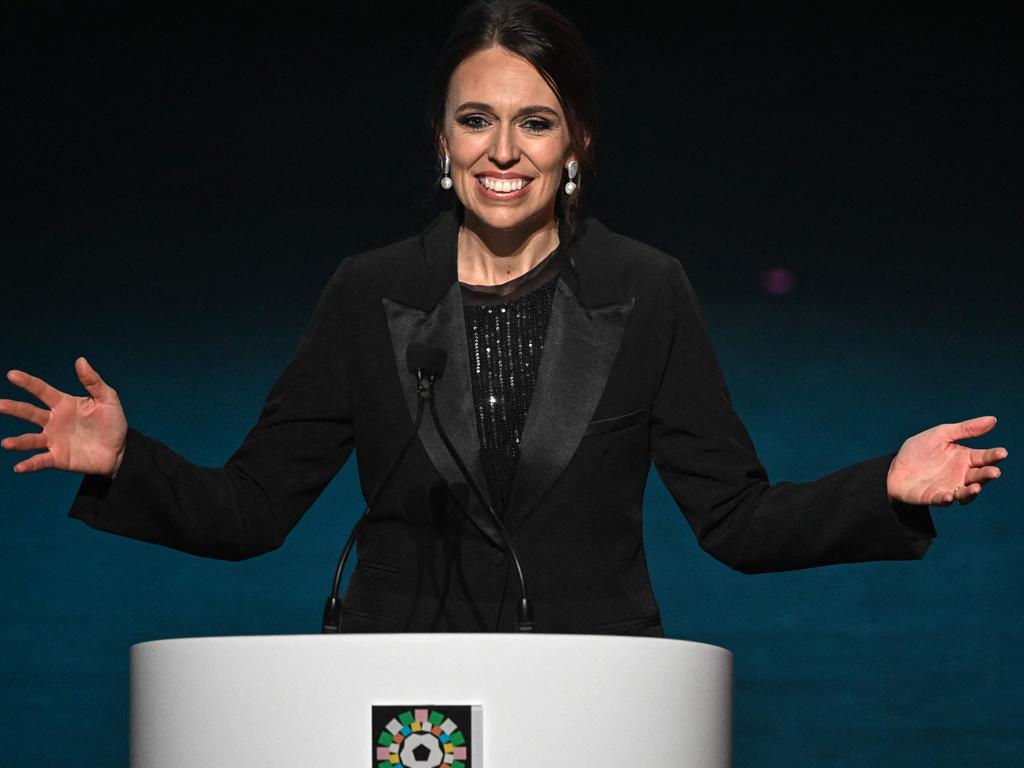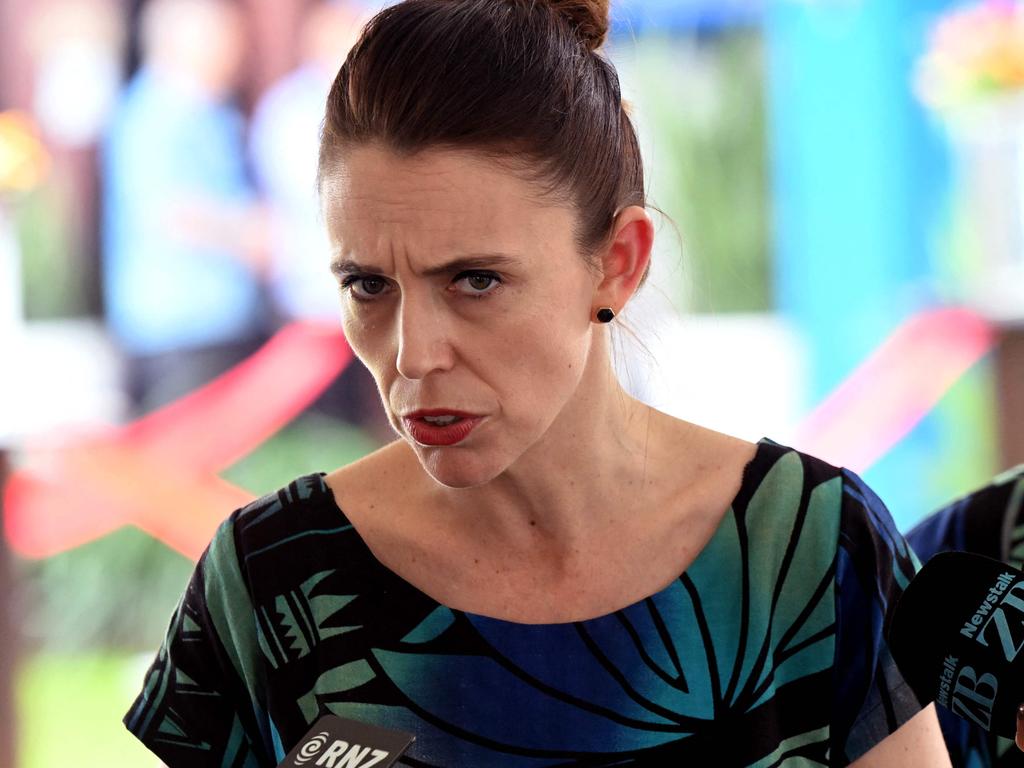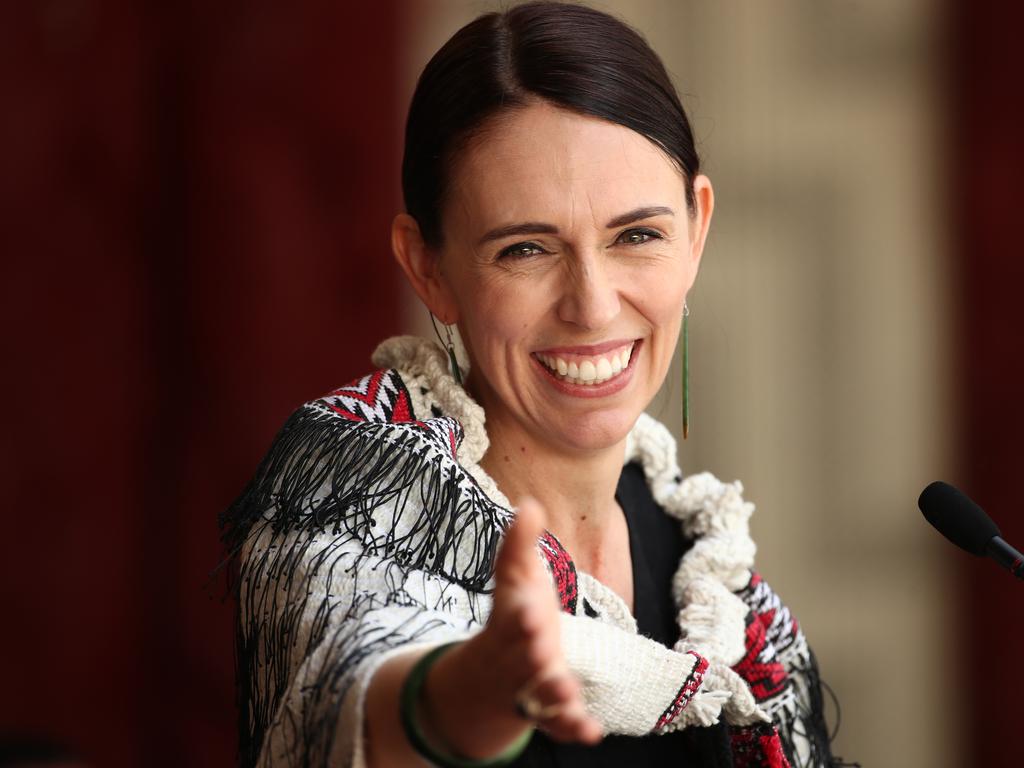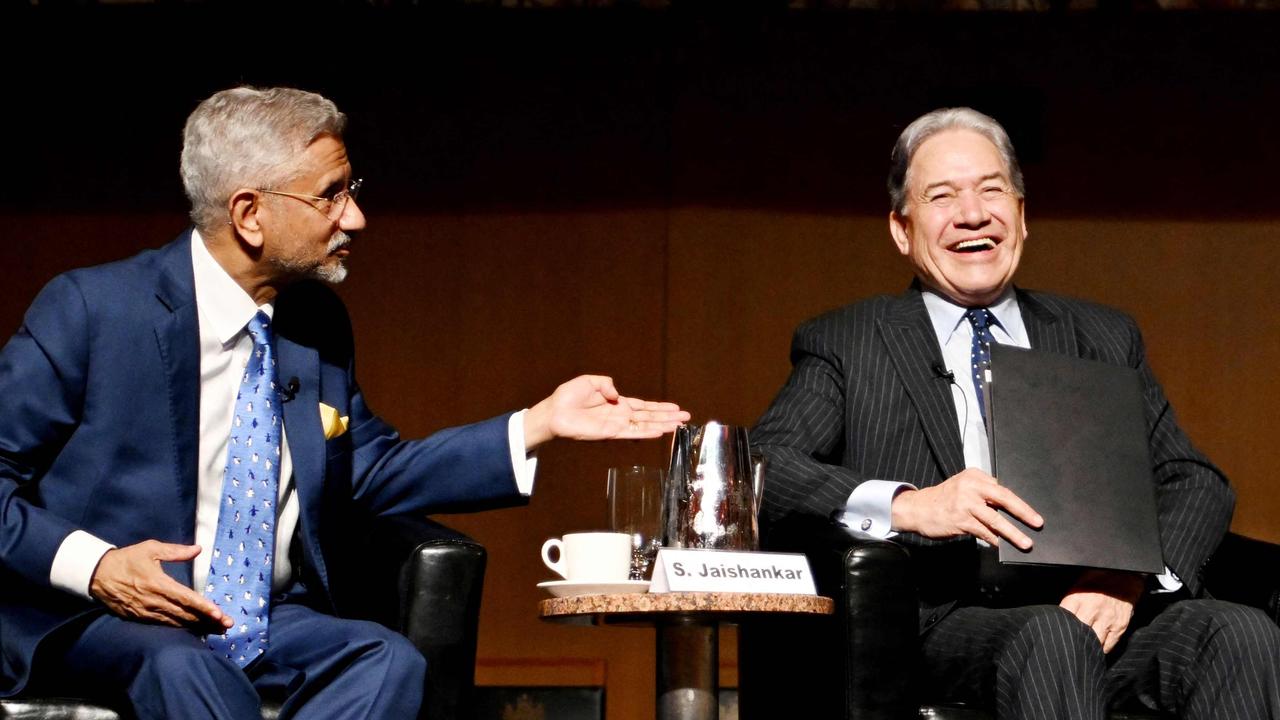Bad punchline to inappropriate joke: why this man as NZ envoy?

While Ms Ardern’s exertions at this year’s East Asia Summit and APEC meeting earned limited attention and exercised few back in NZ, her decision to elevate a troublemaking senior Labour Party MP to a European diplomatic posting hit like a thunderclap.
To many New Zealanders, the appointment of outgoing Speaker of the House Trevor Mallard to be the next NZ ambassador to Ireland – a three-year posting in Dublin commencing next January – felt like a bad punchline to an inappropriate joke.
Mr Mallard’s appointment swiftly generated a ruckus of almost singular and unprecedented intensity.
“An outrage”, bellowed the leader of the right-wing ACT Party David Seymour at news of the appointment. He accused the Government of rewarding Mr Mallard for his bad behaviour.
Opposition National Party leader Christopher Luxon weighed in to question Mr Mallard’s ability to do the job, sceptical as to whether he has the requisite diplomatic skills.
NZ First Party leader and former foreign minister Winston Peters called the appointment an affront to professional diplomats.

On paper, Mr Mallard passes muster. A parliamentarian since 1984, he held a number of cabinet portfolios in Helen Clark’s Labour Government from 1999 to 2008. Until August this year, the 68-year old was Speaker of the House of Representatives – a high-profile role he held for five years, albeit with mixed reviews.
In practice, however, he appears to fall well short of standards. He is commonly recognised as one of the country’s most divisive politicians. Mr Mallard can be magnanimous and charitable when it suits, but is a combative scrapper by nature. Regarded by many as the poster boy for the ugly side of politics, his record of bad behaviour – being peevish, impulsive, and reckless – is what he is most recognised for and this forms the basis of the wider contempt for his diplomatic appointment.
Mr Mallard’s 38-year parliamentary career has been underpinned by a litany of troubling headlines.
Inn 2007, he was demoted from the government’s front bench after punching an opposition MP. In 2009, he was subject to a police investigation for a road rage incident. Last year, using the legal immunity of parliamentary privilege and without meeting with the woman complainant, he made repeated rape allegations against a young male parliamentary staffer. Those allegations turned out to be false and Mr Mallard later apologised to the staffer. The case cost taxpayers NZD$330,000, which further angered the public and opposition politicians, who demanded his sacking.
Earlier this year, in his role as Speaker, Mr Mallard ordered – then was forced to retract – trespass notices against a handful of former MPs, Mr Peters among them, for attending the 23-day anti-Covid vaccine mandate occupation of parliament grounds.
Despite a record littered by poor judgment and unruliness, Mallard is one of those politicians who seems to fall upstairs throughout his career – landing important roles in spite of himself and his actions. The diplomatic job is but the latest example.

Like most countries, New Zealand’s foreign service is accustomed to political appointees. Governments of different stripes have appointed former prime ministers, ministers and indeed Speakers of the House as ambassadors and high commissioners around the world – albeit infrequently. Former Labour Party deputy leader and experienced cabinet minister Annette King is the current New Zealand representative in Canberra.
Political appointees are largely accepted as a norm of modern diplomacy and they receive routine cross-party support. In part, this is because those appointees are not overtly provocative, and have a certain bearing or a ministerial or practical background in international affairs. Neither setting is readily relatable to Mr. Mallard’s situation.
Contrast the reaction to Mr Mallard’s appointment with that of the recent political appointment of former senior Labour Party politician Phil Goff as the next New Zealand High Commissioner to the United Kingdom. An ex-party leader and former Auckland mayor, Mr Goff once held a number of important cabinet portfolios – including foreign affairs, trade, defence, disarmament, justice and tourism.
As is tradition, the selection of the reputable and distinguished Mr Goff generated nary a murmur or complaint. Whereas Mr Goff is regarded as eminently ready and capable, Mr Mallard is seen as distinctly otherwise.
That Mr Mallard is widely seen as an inappropriate choice raises for Ms Ardern questions of legitimacy and the uncomfortable spectre of cronyism.
But, it could also be nifty political play by the Prime Minister. Ms Ardern faces a tough battle at next year’s general election. Off-shoring Mr Mallard – a lightning rod for bad news – will surely scratch a potential electoral liability for Labour.
It also removes a likely impediment to any potential coalition government with NZ First, given Mr Peters’ acute hostility towards Mr Mallard. Though Mr Peters recently ruled out working with Labour’s present lot of MPs, a Mallard-free party might soften his attitude.
It does, however, remain to be seen whether Mr Mallard can effectively discharge his diplomatic duties and achieve cut-through with the host government. Meantime New Zealanders have no option but to wish the Irish the best of their traditional good luck.
Craig Greaves is a freelance writer who spent nearly a decade working for the US State Department advising on New Zealand foreign policy and New Zealand politics.







New Zealand Prime Minister Jacinda Ardern has recently concluded a critical stretch of diplomacy across Asia, mixing with heavyweight counterparts under stressed international conditions. And yet, her most resounding and charged diplomatic effort of late was issued much closer to home – within parliament in fact.